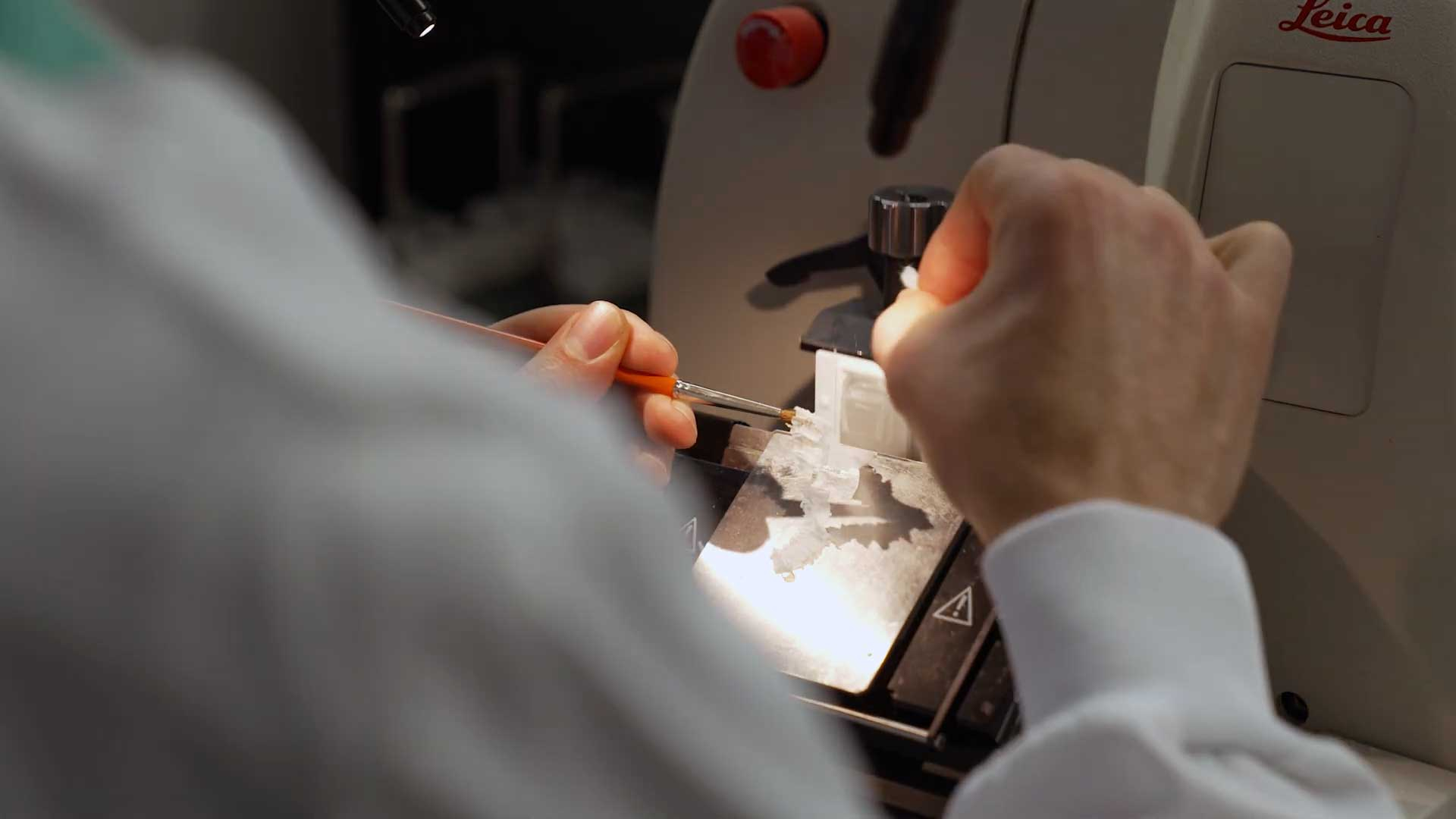Announcement initiation of clinical Phase 1/2 study with T-Guard® in patients with systemic sclerosis
Nijmegen, the Netherlands, May 20, 2025 – Philikos B.V., a Dutch biotechnology company developing antibody-based therapies to treat severe immune disorders, today announced that it has enrolled the first patient in a Phase 1/2 clinical trial designed to evaluate the use of T-Guard for the treatment of patients with diffuse cutaneous systemic sclerosis (dcSSc), a serious autoimmune disorder with limited treatment options.

This open-label, single-arm Phase 1/2 clinical trial (PHIL_TG-01; EU CT: 2024-517283-28-00) aims to assess the safety and preliminary efficacy of T-Guard in early-stage dcSSc patients. The study is planned to enroll 12 adult patients who have been diagnosed within the last three years with dcSSc and whose disease remains refractory despite prior systemic immunosuppressive therapy.
The primary endpoint of the study is the incidence of grade 3 or higher adverse events occurring from the first T-Guard infusion through 28 days after the last T-Guard administration. T-Guard is administered over a one-week period, consisting of four infusions given every other day. Secondary endpoints include improvement in dcSSc disease, as measured by the Revised Composite Response Index in Systemic Sclerosis (CRISS) at 1, 3, 6, 9 and 12 months post treatment initiation.
“We are excited to initiate this trial, which represents a major step forward in bringing T-Guard to patients suffering from diffuse cutaneous systemic sclerosis, a significant unmet medical need where T-Guard may qualify for orphan drug designation,” said Ypke van Oosterhout, Ph.D., Chief Executive Officer of Philikos. “We strongly believe that T-Guard has the potential to be an alternative solution to an expensive and risky hematopoietic stem cell transplantation, the only curative treatment option today. With its short treatment duration, targeted immune depletion, and anticipated good tolerability, T-Guard could offer a less invasive and more accessible option for a broader group of patients suffering from this devastating disease.”
“With no widely accessible and safe disease-modifying treatments available, there is a high unmet medical need for effective new therapies for systemic sclerosis,” said Principal Investigator (PI) Madelon Vonk, M.D., Ph.D., Associate Professor Systemic Sclerosis at Radboud University Medical Center (Radboudumc). “T-Guard, with promising preclinical data and initial clinical results, has the potential to significantly impact patients suffering from this debilitating and life-threatening autoimmune disease characterized by inflammation and fibrosis.”
The study will begin with four patients, after which an independent Data Safety Monitoring Board (DSMB) will assess safety and preliminary efficacy. If the balance between adverse effects and efficacy is positive, the study will be expanded to include a total of 12 participants. Interim data and the recommendation of the DSMB are expected by the end of 2025.